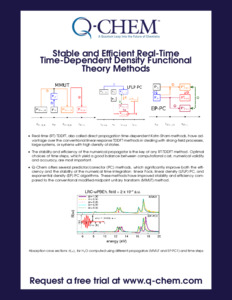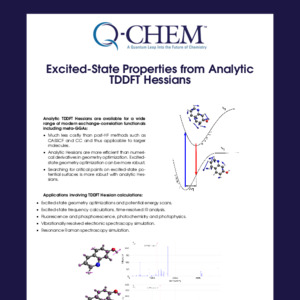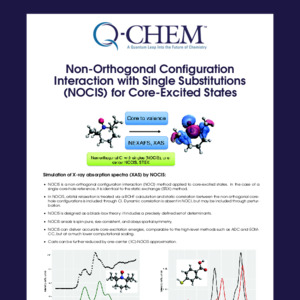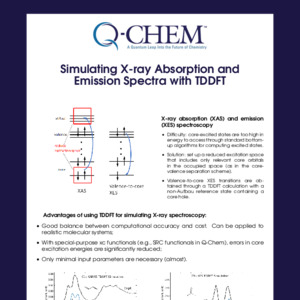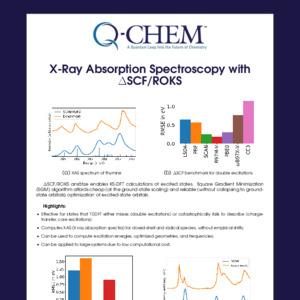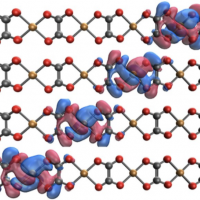Stable and Efficient Real-Time Time-Dependent Density Functional Theory Methods
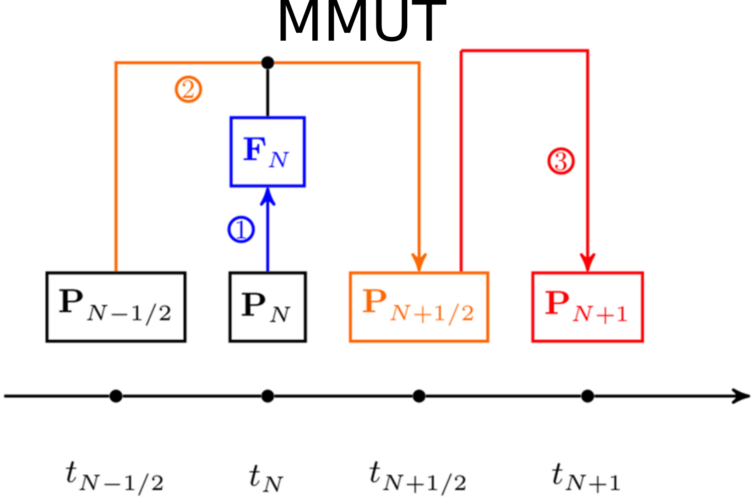
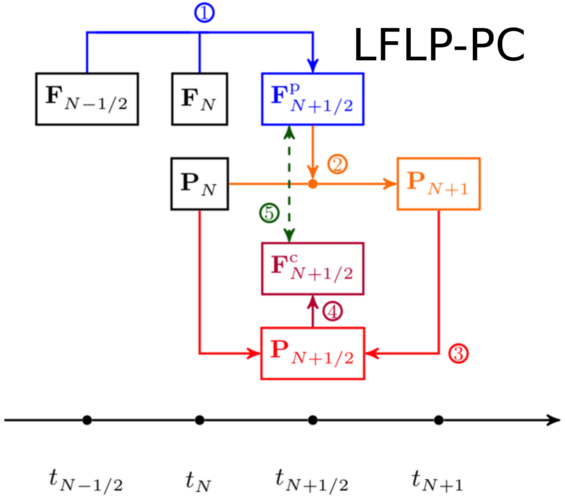
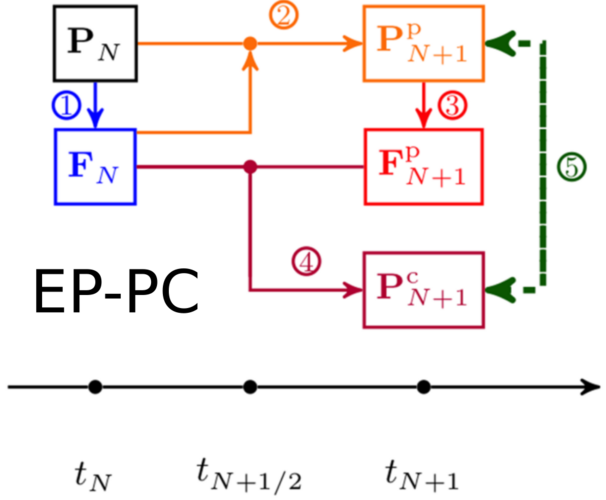
-
Real-time (RT) TDDFT, also called direct propagation time-dependent Kohn-Sham methods, have advantage over the conventional linear response TDDFT methods in dealing with strong-field processes, large systems, or systems with high density of states.
-
The stability and efficiency of the numerical propagator is the key of any RT-TDDFT method. Optimal choices of time steps, which yield a good balance between computational cost, numerical validity and accuracy, are most important.
-
Q-Chem offers several predictor/corrector (PC) methods, which significantly improve both the efficiency and the stability of the numerical time integration: linear Fock, linear density (LFLP) PC, and exponential density (EP) PC algorithms. These methods have improved stability and efficiency compared to the conventional modified-midpoint unitary transform (MMUT) method.
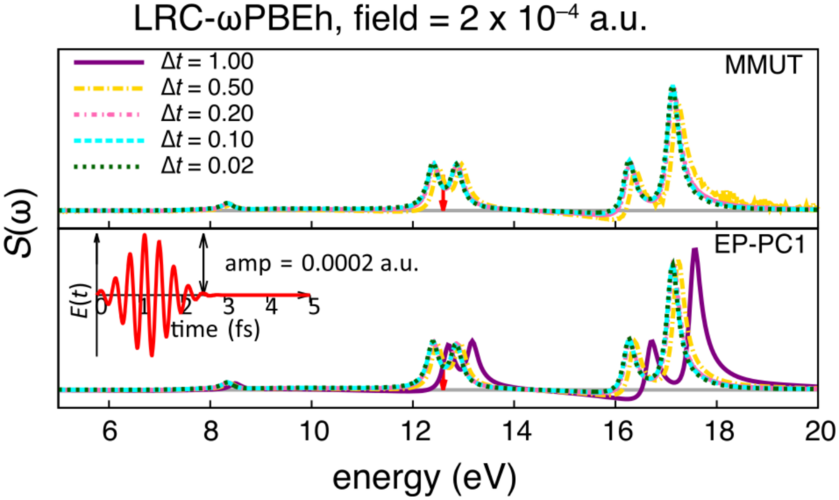
Want to try Q-Chem?
